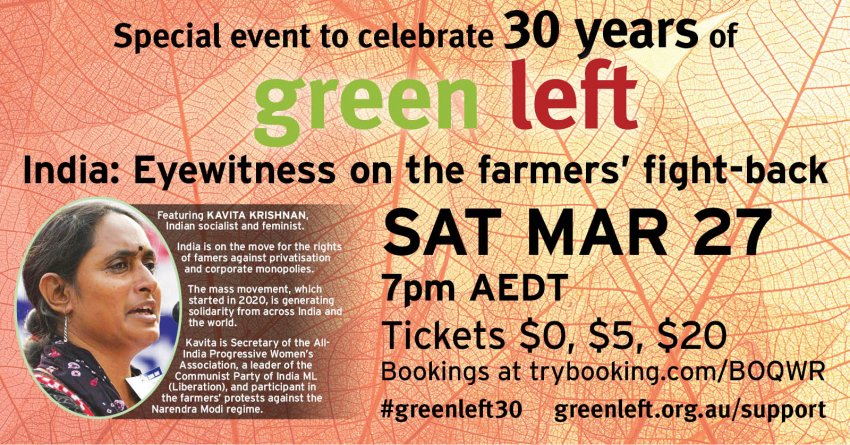
Jazz and Justice: Racism and the Political Economy of the Music
by Gerald Horne
Monthly Review Press, 2019
456 pp., $29
Jazz is quintessentially American music. It can be rightly said to have sprung from the sweat and blood of Afro-Americans as they amalgamated the traditions they brought from their homelands with the musical styles they encountered.
Its history contains within it all of the contradictions in United States society.
Perhaps the word “contradictions” is too gentle a word. What Gerald Horne lays out here is a harrowing tale of racism and criminal violence stretching from the origins of jazz through to the present day.
This book is based on oral history. Horne draws widely from an astonishing number of musicians’ biographies and newspaper interviews for his source material.
The musicians tell their own stories and, like a steady drum beat repeating, the story is one of racism and injustice.
Jazz first appeared in New Orleans around the time of the Spanish American War. Demobbed US Army musicians hocked their military issue cornets and trumpets which Black musicians bought cheaply, adapting them to their own purposes.
What was the social position of Blacks in the South at the time? The experience of Jazz bass player Milt Hinton, born in Mississippi in 1910, pretty well summarises it.
Horne quotes him recalling a lynching he witnessed when he was a child: “There was a bonfire and fifty or sixty men were drinking out of whiskey jugs, dancing, cursing and looking up towards a tree over their heads. And in this tree I saw a figure shaped like a person hanging from a long wire cable attached to a branch … he was covered with blood ... a couple of men [were] dragging over a gasoline drum and putting it under the hanging body. Then someone threw a torch at the can and the place lit up like it was daytime…I’ll never forget that blaze and watching that body shrivel up like a piece of bacon while the crowd cheered.”
Not only did Black musicians have to deal with violent racism, those starting to achieve professional success ran into what is a recurring theme of this book — the criminal-industrial complex that is the US entertainment industry. Put simply, mobsters are at the heart of it.
Singer Lena Horne, referring to one of the most famous jazz cabarets in history, said: “Nobody had any right to quit a Cotton Club job.” Mobsters beat up her father when he tried to negotiate more pay for her.
Essentially, Black musicians were treated like plantation labourers. Like their slave forebears, they had to work very hard to survive.
As the prohibition on alcohol ended in the US, the mobs turned to heroin trafficking, which proved a way to effectively enslave musicians.
It should be noted that the now-common expression “gig work” originated in the jazz world. The near-endless list of Black jazz musicians who died early deaths is testimony to the overwork the gig economy forced on them.
Heroin was a convenient and lucrative means offered by the mobsters to cope with the endless gigging and rehearsing. There were record companies that paid musicians in heroin.
At nearly every turn, musicians were robbed by unscrupulous club owners, managers or record companies. Many white record producers put their names on tracks written by Black musicians, harvesting the publishing rights.
Record companies “cooked the books” of record sales to defraud musicians.
Labour unions were of little use. They were segregated and white musicians’ unions maintained a strict colour bar in certain clubs. Additionally, many unions were run by mobsters.
Horne’s book is an eye-opener on the absolute depravity of the US entertainment industry and raises questions about the extent to which criminality pervades US capitalism.
